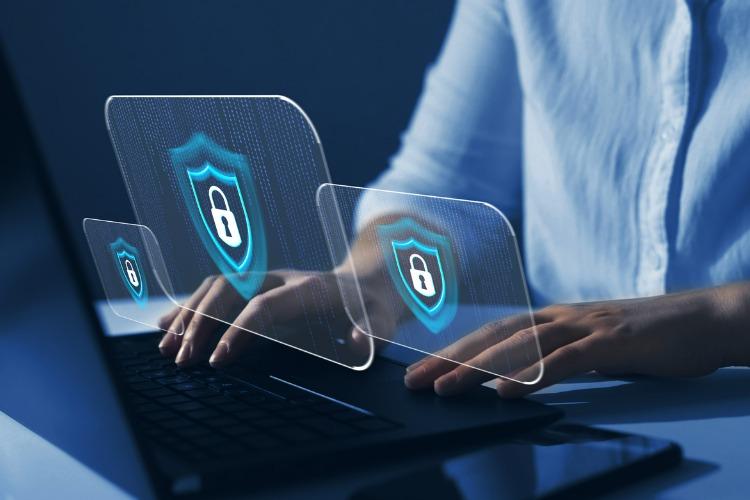Securing Success: The Crucial Role of Cybersecurity in CRM Development
In the era of digital transformation, businesses harness the power of Customer Relationship Management (CRM) systems to streamline operations, enhance customer interactions, and drive growth. However, as the reliance on CRM solutions intensifies, so does the need for robust cybersecurity measures to safeguard sensitive data and ensure the integrity of customer relationships.
- The Stakes Are High:
As CRM systems become central repositories for customer data, they become lucrative targets for cyber threats. A breach not only jeopardizes sensitive customer information but also undermines trust, tarnishing a company's reputation and incurring severe financial repercussions.
- Data Encryption as the Guardian:
Implementing robust encryption protocols is paramount in CRM development. This ensures that customer data is stored and transmitted securely, mitigating the risk of interception by malicious actors. A well-implemented encryption strategy serves as a fortress, safeguarding sensitive information from unauthorized access.
- Multi-layered Authentication for Fortified Defenses:
Incorporating robust multi-layered authentication mechanisms adds an extra layer of defense. Beyond traditional username and password combinations, incorporating biometrics or token-based authentication significantly reduces the risk of unauthorized access, enhancing overall system security.
- Regular Audits and Updates:
Constant vigilance is key to thwarting potential vulnerabilities. Regular security audits and prompt software updates ensure that CRM systems remain fortified against evolving cyber threats. Proactive monitoring helps identify and address potential vulnerabilities before they can be exploited.
- Employee Training and Awareness:
The human element is often the weakest link in cybersecurity. Educating employees about the importance of secure practices, such as avoiding phishing scams and using strong passwords, strengthens the overall security posture. A well-informed team becomes a valuable asset in the ongoing battle against cyber threats.
- Integration of AI and Machine Learning:
The integration of Artificial Intelligence (AI) and Machine Learning (ML) algorithms empowers CRM systems to detect and respond to anomalous activities swiftly. These technologies can identify patterns indicative of potential security threats, enabling proactive measures to be taken before any harm is done.
- Secure APIs for Interconnected Systems:
In an interconnected digital landscape, CRM systems often rely on Application Programming Interfaces (APIs) for seamless integration with other tools. Securing these APIs is crucial to prevent unauthorized access or data leakage. Implementing secure authentication mechanisms and data encryption ensures the integrity of data exchanges.
- Incident Response Planning:
Despite the best preventive measures, having a robust incident response plan is imperative. Promptly identifying and containing a security breach minimizes the damage and accelerates recovery. Regular drills and simulations help ensure that the response team is well-prepared to handle unforeseen cybersecurity incidents.
Secure Your CRM Future with Uran Company
Fortify your CRM system against potential threats and elevate your customer relationships to new heights by choosing Uran Company for cutting-edge CRM development services. Their expert team combines technological prowess with a commitment to cybersecurity, ensuring that your CRM solution not only optimizes interactions but stands as a beacon of trust in the digital landscape.
Secure success with Uran Company – your trusted partner in CRM development excellence.

